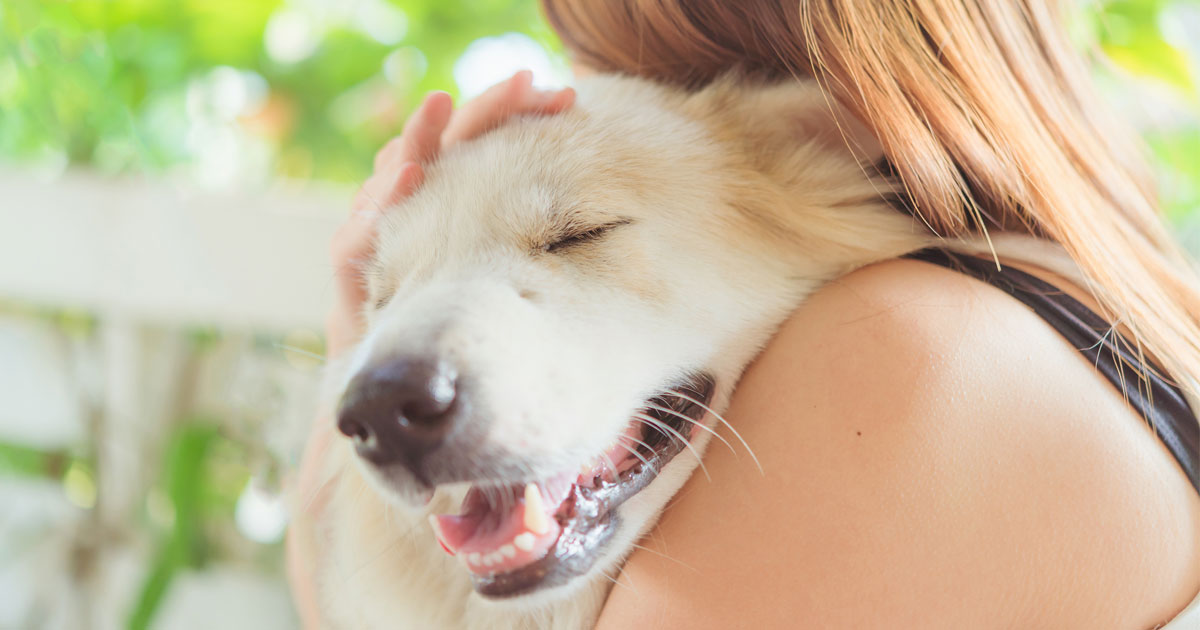Who Gets the Dog After a Divorce?

Even for couples without children or substantial assets, dividing the things you acquired together can still be difficult. Much like children, pets can be a contentious part of the divorce proceedings. If you and your spouse have a dog, you may wonder who gets the dog in the divorce.
Pets and Divorce
While dogs are legally property, they mean much more to their owners than any other item they may own. Pets and their owners have a special relationship, a bond that can be painful to break. People also gain a close attachment to their pets and the pets can provide a sense of comfort and stability to their owners. Especially during emotional times like a divorce, a dog can be a loyal companion.
Dogs can be the center of divorce disputes and that is why New Jersey courts can hear arguments about pets. In some cases, a judge may order pet custody to one spouse or provide for a shared pet custody agreement where the pet moves back and forth between the two homes after a divorce.
What a Court Considers When Determining Custody of Your Dog?
So, what do courts consider when determining the fate of a divorcing couple’s dog? One of the biggest factors determining where a dog ends up after a divorce is whether one party had the dog prior to the marriage. For example, if you acquired your pet dog before you married, even shortly before the marriage, the judge may weigh that fact heavily in your favor and make it more likely that you would receive the dog full time.
Another factor is who cared for the dog during the marriage. If you worked long days and traveled frequently, it might be more likely that a judge would give your spouse custody of the dog instead of you. They spent more time with the dog and probably gained a deeper bond with the dog because of your absence.
Courts will also consider who can provide for the dog’s needs. If one spouse does not have a job or is otherwise unstable and unable to provide a safe and healthy home for the dog, that could sway the court to have the dog live with the other spouse. If one spouse is unable to provide food, shelter, and medical care for the dog, they would be less likely to receive custody of the dog.
Possibly the biggest factor a court weighs when considering custody of a dog is whether you have children. Children often form close relationships with pets and if you have children, the court will most likely ensure the dog lives wherever the children live. If a court orders that you have full custody of your children, then you will may also receive full custody of the dog.
In most cases involving children, however, neither parent receives full and sole custody of the children. Usually, parents enter into a shared parenting plan, or a shared custody agreement. Because divorce is hard on children, and because dogs can provide stability and comfort to children during these emotional times, it is highly likely that the court will ensure the dog and your children remain connected.
While extremely rare, courts could also offer one party visitation of the dog. Usually, only when one spouse receives full custody of the dog, a court may allow visitation by the other spouse, much like child visitation would occur. In practice, one spouse receives full custody of the dog and the other spouse is allowed to visit the dog at predetermined times and locations.
Some courts are even using a standard similar to custody of children: the “best interests” standard. When determining where children will live after divorce, courts consider what is in the best interests of the child. Today, while rare, courts are increasingly using this same standard, but modified for dogs, and considering what is in the best interests of the pet. To make this determination, a judge would consider many of the factors discussed above.
To help you make your case that the dog should live with you after divorce, you can provide evidence to the court. While there is nothing alone that will guarantee you get custody of the dog, the following documents could be helpful to sway the judge’s decision in your direction:
- Purchase receipt or registration. If you can prove that you purchased or registered the dog prior to the marriage, that will be extremely helpful.
- Vet records. Showing that you took the dog to the vet and were invested in the dog’s health and wellbeing will help you.
- Microchip records. Most dogs today are micro-chipped to locate them if they get lost. If this record is in your name, it can be used to prove your ownership of the dog.
While dogs are still recognized as personal property, New Jersey courts have taken these additional steps to see pets as more than mere property. If you have a pet and you are worried about losing your dog in a divorce, you should seek guidance from a trusted legal advisor.
The Marlton Family Law Lawyers at Goldstein & Mignogna, P.A., Give You Compassionate Representation
Dogs are exceptional companions who love you no matter what. They can be a great source of comfort during hard times, including a divorce. Fighting for your pet may not be something you ever imagined you would need to do, but our Marlton family law lawyers at Goldstein & Mignogna, P.A. Contact us today at 856-890-9400 or contact us online to schedule your consultation with our experienced team. With offices in Marlton, New Jersey, we proudly serve our neighbors in South Jersey, Marlton, Burlington County, Camden County, Gloucester County, and statewide.


